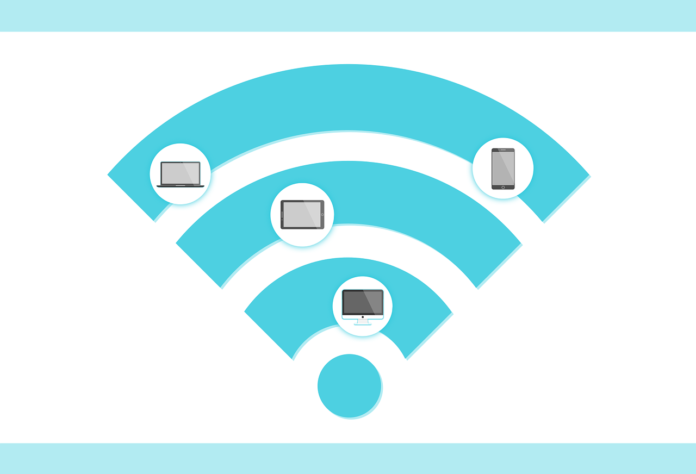Slow internet browsing can be very frustrating. Now, it will be history with a new receiver designed and demonstrated by UCL researchers that provide high-speed connectivity. It serves data rates at more than 10,000 megabits-per-second (Mb/s).
Lead researcher Dr. Sezer Erkılınç said, “UK broadband speeds are woefully slow compared to many other countries, but this is not a technical limitation. Although 300 Mb/s may be available to some, average UK speeds are currently 36 Mb/s. By 2025, average speeds over 100 times faster will be required to meet increased demands for bandwidth-hungry applications such as ultra-high definition video, online gaming, and the Internet of Things.”
Scientists have developed a new receiver technology that can be used in optical access networks. It works by maximising the capacity of optical fiber links, data is transmitted using different wavelengths, or colors, of light.
The new, simplified receiver retains many of the advantages of coherent receivers. It is simpler, cheaper, and smaller, requiring just a quarter of the detectors used in conventional receivers.
Scientists used the coding technique to fiber access networks that prevent signal fading in wireless communications. Thus, it offers users a dedicated wavelength so user speeds stay constant no matter how many users are online at once.
Dr. Erkılınç said, “It can co-exist with the current network infrastructure, potentially quadrupling the number of users that can be supported and doubling the network’s transmission distance/coverage.”
The receiver was tested on a dark fiber network installed between Telehouse (east London), UCL (central London) and Powergate (west London). The team successfully sent data over 37.6 km and 108 km to eight users who were able to download/upload at a speed of at least 10 Gb/s. This is more than 30 times faster than the fastest broadband available in the UK, today.
Professor Polina Bayvel said, “With high-capacity broadband a priority for the UK government, we will be working to reduce the electrical power requirements of this technique to make this commercially viable in the nearest future. We believe that it has real potential to provide high-speed broadband connectivity to every home, which will support the growing digitally enabled economy in the years to come.”
